What is a Trade Embargo?
"Embargo" is a term generally used in the context of restrictions undertaken by a country, or a group of countries, in the form of an official suspension or ban on activities of a commercial nature.
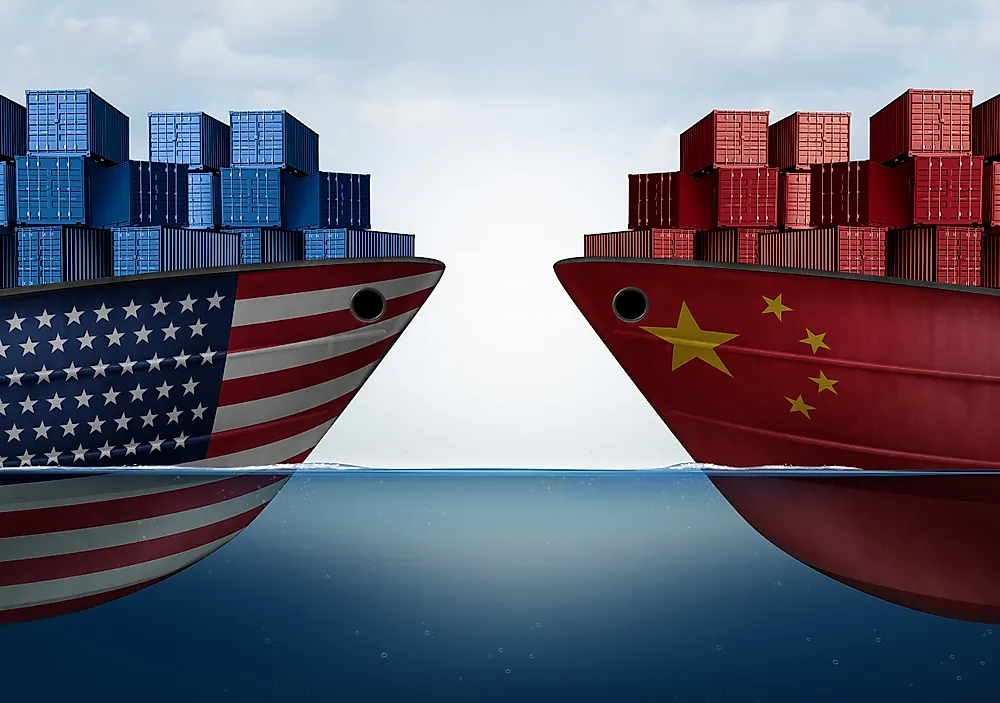
"Embargo" is a term generally used in the context of restrictions undertaken by a country, or a group of countries, in the form of an official suspension or ban on activities of a commercial nature. A decision or order taken in the form of an embargo is usually directed towards a particular country and is highly restrictive in nature with severe measures to ensure its implementation. Embargos are widely accepted as a strong measure in the world of diplomacy. Scholars of International Relations and Political Science also tend to disagree on the effectiveness of this policy tool. Embargoes are regularly motivated by reasons of a political, economic or moral nature, and could be seen as a kind of protest against the target country’s behavior or policies. The word "embargo" itself can be traced back to the early 17th century, borrowed from the Spanish word "embargar", which can be used to explain an obstruction, hinderance or arrest (in a specific activity).
Historical Context
Historically, the word embargo was understood as a state released order that stopped foreign ships from entering its ports and/ or allowing any of its ships to leave. Today, an embargo implies a restriction in import as well as/or export of particular or all commodities. This is usually a government order that has emerged from the context of hostile or unfavourable situations of an economic and/or political nature between countries. The word embargo, by virtue of its very basic definition can be used in a number of situations, such as in the media industry. Often, information provided to media houses comes with the clause of an embargo on it. Here, embargo is commonly used to denote that a certain piece of information is not to be released or published before a date that has been specifically mentioned along with the information that has been provided. However, the term embargo is widely used in a political context, so, to this date, the usage of the term implies the policy and nation centric understanding of it.
Through the imposition of embargos around the world, the general consensus remains that they can affect the targeted country’s economy in quite a negative manner. There have also been instances where the policy of an embargo has resulted in the country to whom it is directed to has had to develop trade sectors to make up for the lack. In a globalized world, it is important for a country to have access to world markets as it has become a crucial element in the development of a country, specifically in the case of economic growth. It is equally important, thus, to have access to trade around the world with ease, but this gets restricted with an embargo imposed on a country. It is especially worse when the embargo is being imposed by a powerful country, such as the United States, or by a powerful bloc of countries such as the European Union. Even though embargos can be individually imposed, in the sense that a country or a set of countries can choose to make a sanction on another through a highly autonomous process, they tend to be based on mandates delivered by important international bodies such as the World Trade Organization and the United Nations.
Effects of Embargos
Apart from putting limits and bans on import/export, embargoes also manifest in terms of creation of allocated quantities, imposition of special tolls and particular acts such as control over transport vehicles. Thus, an embargo, in its scope of activity as well as impact can be quite broad or narrow respectively. On one hand, trade embargo, as a blanket term therefore implies the broader understanding of the term where commercial activities as a whole, or in a large sense become prohibited. There can be broad embargoes in the sense of permission to continue export of goods for purposes such as humanitarian aid. On the other hand, specific and directed embargoes, such as an strategic embargo or an oil embargo, related to limitations on military goods and oil respectively.
United States
While looking at individual countries to understand embargos, the United States is a good example to cite when trying to understand what an embargo is, how it is used and how it can effect a country, as it has historically, and till today, imposed sanctions on several countries. The United States has been known for issuing embargoes on other states and these have been interpreted as both strong, effective measures as well as being controversial in nature. For example, United States has long held a trade embargo with Cuba- though some interpret it has having had a harsh effect on the Cuban economy, others say it has not been successful in amending the political regime that it was aimed as a form of opposition towards. Iran is a country that the United States has directed an embargo towards.
Russia
Another specific country to look at, to understand sanctions, is Russia, which today as a state and formerly as center of the Union of Soviet Socialist Republics (USSR), has faced sanctions from the United States, European Union and others. Specific examples in this case include the multilateral embargo that was operated by theCoordinating Committee for Multilateral Export Controls (COCOM). This put restrictions on strategic or military goods being imported from its own members to the USSR. In recent times, though several embargoes are imposed on Russia from time to time, their effectiveness can be put under the scanner in terms of their inability to meet the political goals which guide them.
Embargoes have been a helpful and go-to tool for countries and multilateral organizations to make a registered protest against the target country. However, there are a few drawbacks of embargoes. The most basic argument against embargoes is the unfair suffering of civilian populations in the targeted countries. Additionally, the imposition of a multilateral embargo, for example needs cooperation in a collective manner. Additionally, in times of a globalized economy, embargoes reinforce the role of the government in the economic sphere and this is not desirable for several multi-national economies.
What is a Trade Embargo?More on Graphicmaps

Published on 2019-11-04
Which Two Countries Used to Have the Same Flag?

Published on 2019-09-16
What Is the Only Two-Sided State Flag?
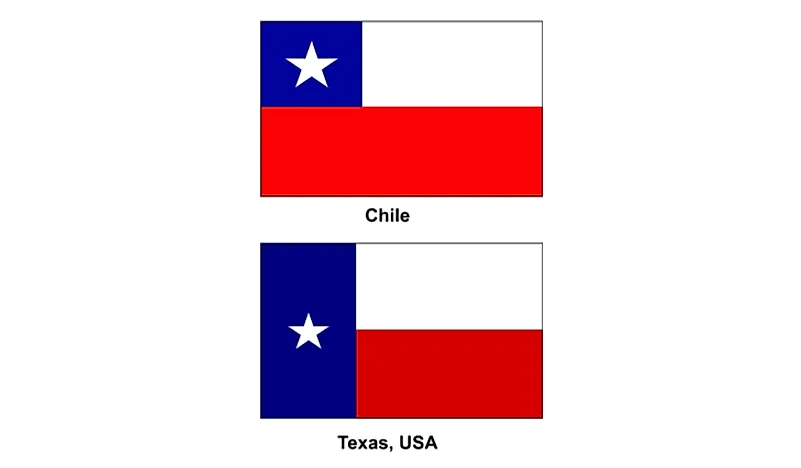
Published on 2019-09-16
Which Country Flag Looks Like the Texas Flag?
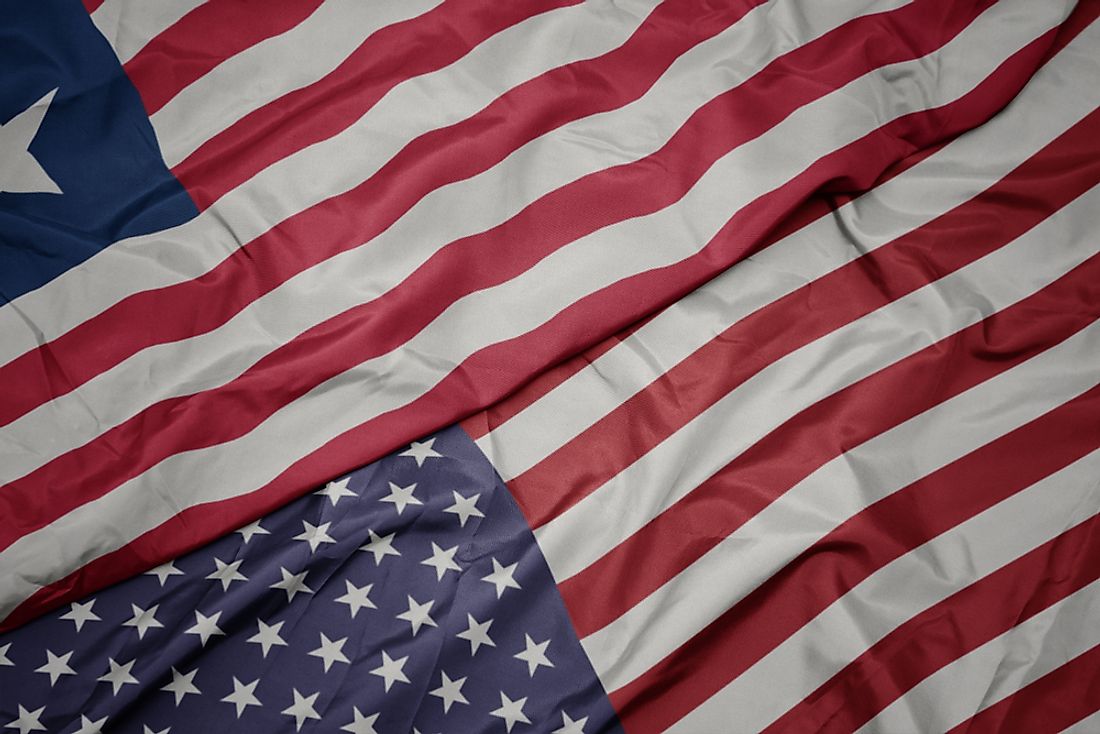
Published on 2019-08-29
Flags That Resemble the US Flag
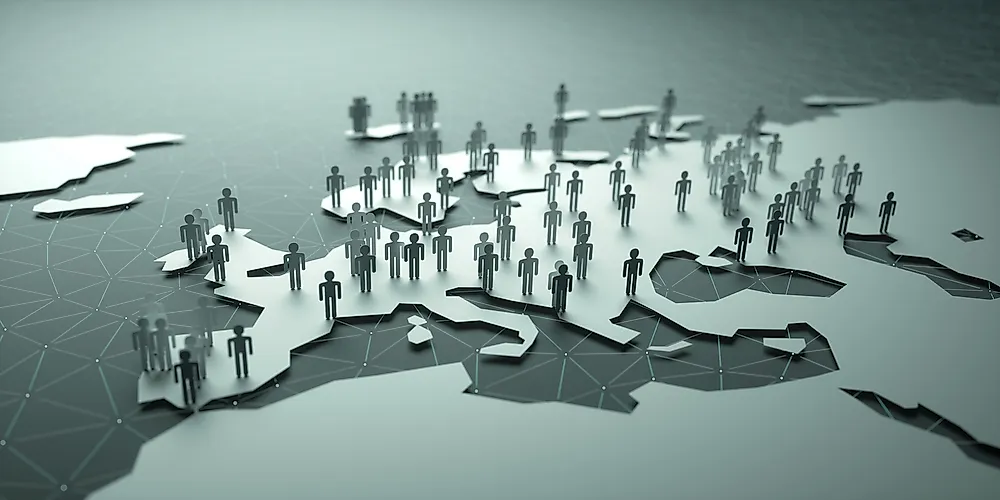
Published on 2019-08-20
What is Demography?
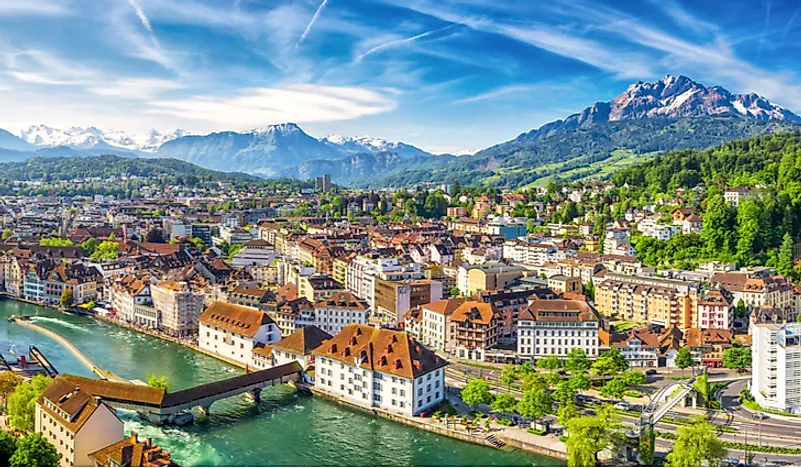
Published on 2019-07-23